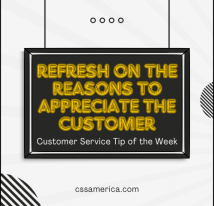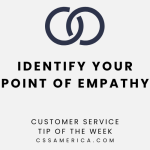Big data? Let’s start with Smart Data.
Pro sports organizations feel they know their fans well, and then they conduct their own fan surveys and are frustrated by the lack of useful information. The results are usually broad brushstrokes of fans – general ratings and likes/dislikes. However, research done the right way creates a 1-to-1 view of specific Season Ticket Holders (STHs). Consider the following 3 profiles of specific fans (we changed their names below) that came out of a research project we conducted for a pro sports club:
- Fred Smith will definitely renew for next year. In fact, he’s considering adding seats and is likely to want to upgrade his seats. He’s a STH because he loves basketball and the perks associated with being a STH (particularly ticket exchange and the post-game shoot-arounds), but he’s dissatisfied with the direction of the team. He doesn’t know who to contact if he has ticket issues, and he doesn’t know the name of his account representative. Fred’s married, has a doctorate, and usually attends with a business associate or with his wife.
- Janie Watson is a brand new STH, in her first season with the club. Janie’s uncertain whether she’ll renew her tickets, and although she loves the events, she doesn’t like her seats. She’s 32 years old, single, and loves the relationship with her account representative. She prefers to be contacted via e-mail, and – even though Janie loves her account representative – what’s most important to her is the game itself, getting in/out of parking quickly, her seat location, and getting ticketing needs/issues resolved quickly.
- Bob Jefferson is somewhat unlikely to renew. He’s been a STH for 7 years, and he has the tickets for family entertainment. He’s become disillusioned the past few years because the ownership preaches family values, but several players and some of the game day staff don’t convey those values. Bob wants more opportunities for kids to interact with players, and he’s particularly dissatisfied with the relationship with his account representative, the attitudes of Security, and the game entertainment. Bob noted that he’d like to talk with someone about his issues with the team.
What would you be able to do with this information for these 3 STHs? The answer should be obvious. You know who to contact about what; you know what SPECIFICS to discuss with each. You know HOW to contact them, and you know whether you’re in sales mode or service recovery/retention-mode.
When you look to do fan research, begin with the end in mind. Structure STH research to tell you the level of information you need to nurture and grow relationships – on a 1-to-1 basis.
Did you like this post? Here are other Sports-related posts:





















